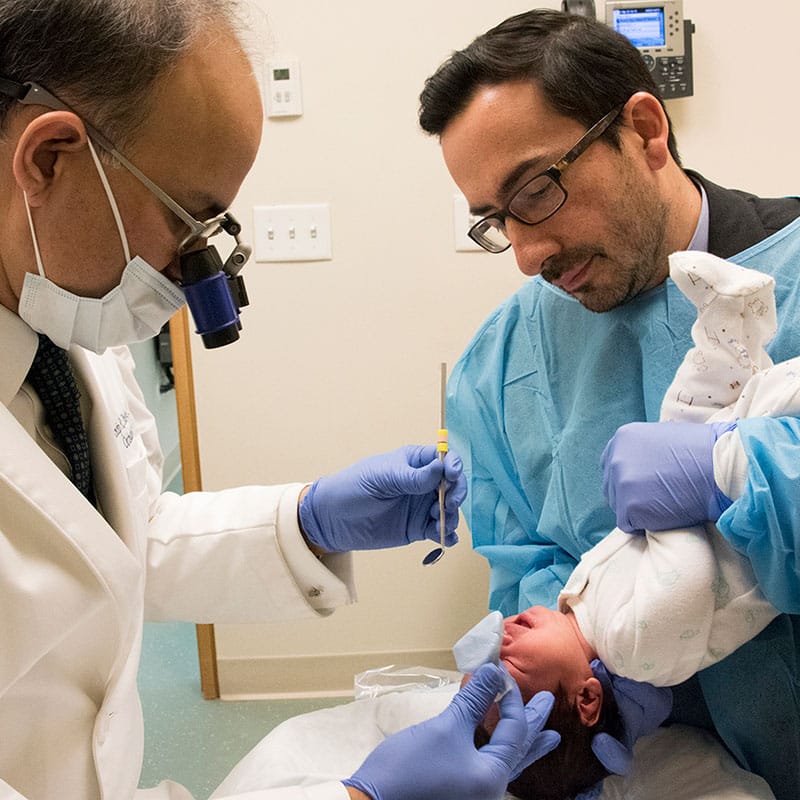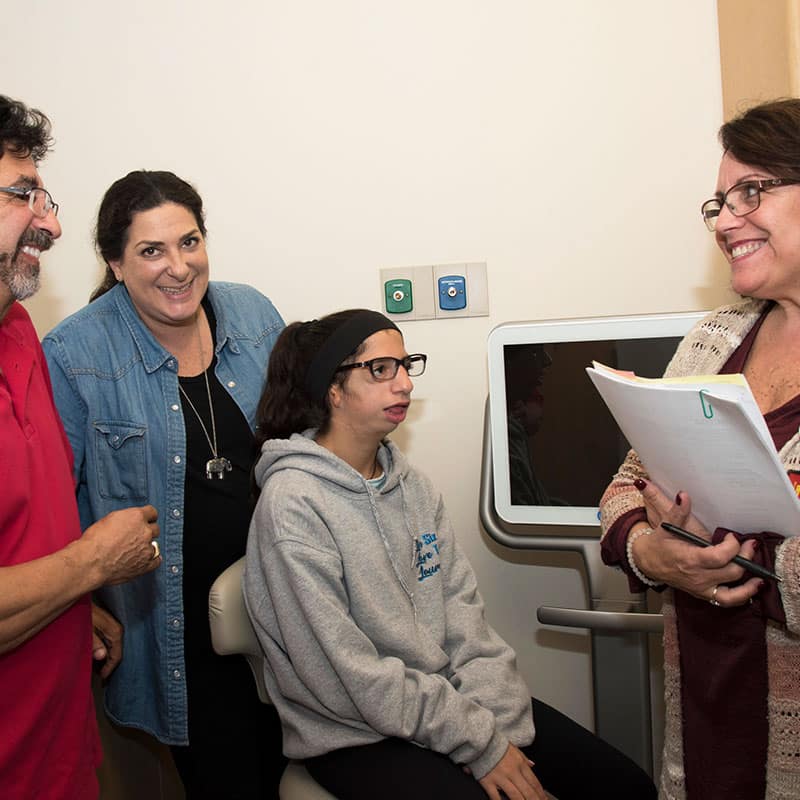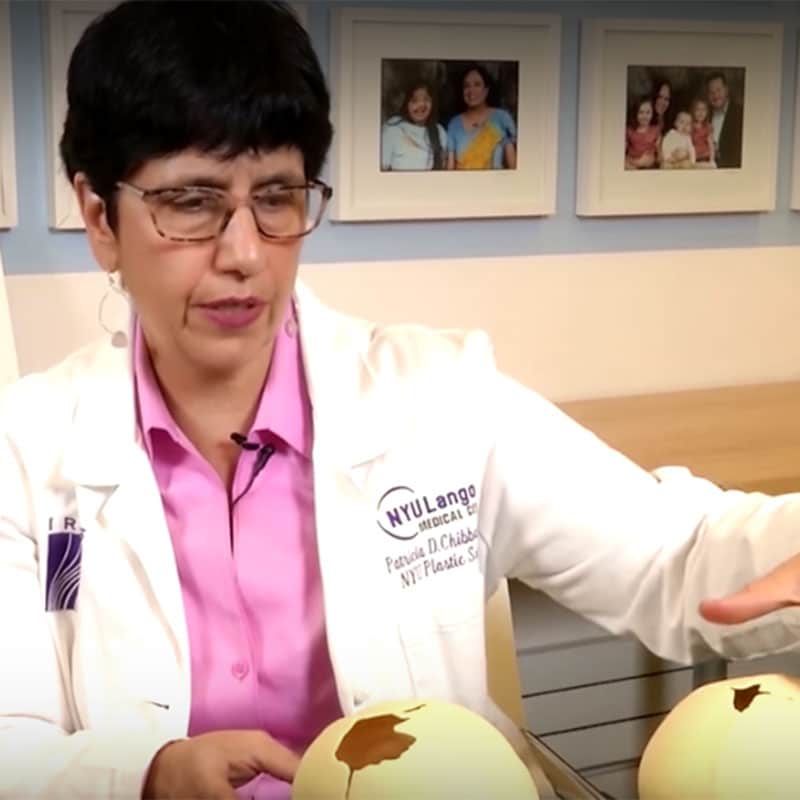Expert cleft and craniofacial surgeon, Thomas Imahiyerobo, MD, FAAP, FACS of Morgan Stanley Children’s Hospital in NYC sat down with us to answer some important questions on what an expectant parent can learn through prenatal counseling if they are expecting a child with a cleft lip and/or palate.
What is the likelihood of a baby being born with a cleft lip and/or palate?
A cleft lip and/or cleft palate is one of the most common congenital abnormalities in the world, and results on average in 1 in every 500-750 live births. The good news is that, due to advances in imaging technology, more than 93% of occurrences are identified prior to the baby’s arrival. This allows for the opportunity for prenatal counseling and parent preparation for the birth of your baby. What is important is to understand resources that are available and know that there are solutions. It is beneficial to connect with a comprehensive craniofacial care team to help answer questions and prepare you for the arrival of your baby. Watch this myFace webinar to learn more about what constitutes a care team and how you can find one close to you.
Is it possible to diagnose a cleft in the soft palate in utero?
Yes, it is possible with a fetal MRI. It is difficult to see a soft palate cleft in a prenatal ultrasound with only 10-25% of cases identified in that way. This is an important question in your prenatal consult to understand if your baby has an isolated cleft or a cleft lip and palate.
What are some of the key issues my family will face when my child is born?
Feeding and nutrition are especially important in the first several months. A cleft opening in the roof of a baby’s mouth – between the mouth and the nose – will prevent proper suction needed to pull milk from a nipple. This can impede sucking and swallowing effectively and will require special bottles for your baby. It is possible the formula might come out of the baby’s nose while feeding. The key is to ensure your baby is getting the right amount of formula to gain weight as well as avoid taking in too much air. To learn more about important nutrition for your baby, visit myFace.org/parent-guides/child-nutrition/








